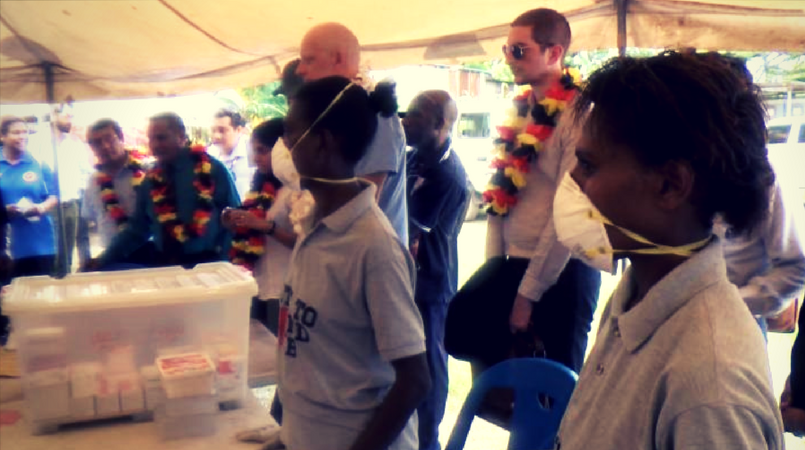
A World Bank report has suggested more investment to the health sector as a means to improving PNG’s economic growth over the next 40 to 50 years.
The report is part of a new biannual series, The Papua New Guinea Update, which aims to analyse key economic developments and provide an in-depth examination of a selected development issue.
The first series, titled Reinforcing Resilience, focuses on health in PNG.
Comparing PNG to other developing countries in Asia, who will see a decline in the number of the working population, Papua New Guinea will see an increase in the next 50 or so years.
World Bank Group’s program leader for human development, Aparnaa Somanathan, said the working age population in PNG will continue to grow until 2060 or 2070, making it one of the youngest countries in the region.
The population increase is however, a huge demographic opportunity.
“Demographic opportunities arise when the greater share of the population is working, saving and paying taxes,” said Somanathan.
“This represents a huge demographic opportunity because if you can put in place the right policies, right strategies to invest in that resource, health and education, you can turn that demography opportunity into dividend.”
While the opportunity is huge, there are factors that can destroy it, like an inefficient health system.
Therefore the World Bank suggests more investments in health, with more emphasis on early childhood health and nutrition.
According to the report, despite more spending on health, many of PNG’s health outcomes are far worse than countries with similar income levels.
